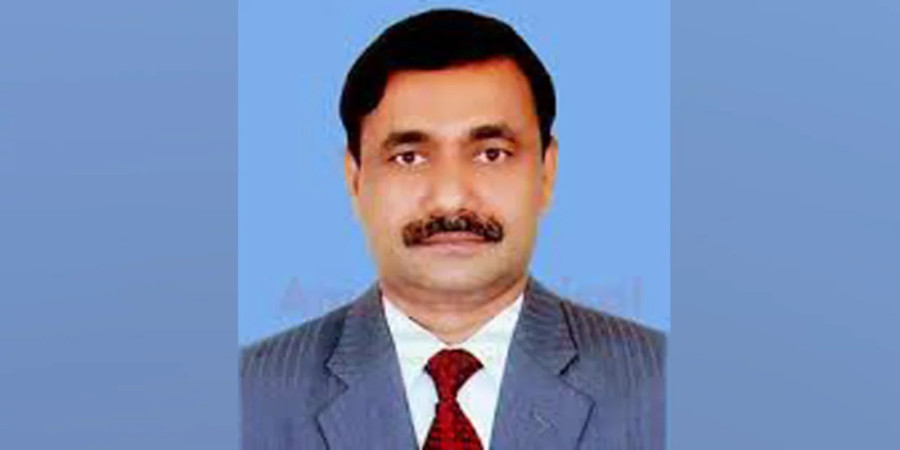
ছবি: Former Member of Parliament Pankaj Debnath
Barishal-4 constituency's former Member of Parliament, Pankaj Debnath, faces serious accusations of corruption, including land grabbing, extortion, illicit syndicate operations, and inciting violence. Allegedly, under his leadership, a network of illegal activities thrived, bringing hardship to locals and tarnishing the reputation of the ruling party. Residents describe him as a symbol of oppression, whose actions over the past decade disrupted the socio-economic stability of Meghna's riverside communities.
Since his election as an MP in 2014, Debnath has been mired in controversy. His tenure became a flashpoint for allegations of exploitation and unethical conduct. In response to internal discontent and public backlash, his party expelled him, and he was denied renomination in the most recent national election. Contesting independently, his political influence waned. However, local Awami League leaders claim his divisive actions caused lasting damage to the party’s image, as citizens focus more on his alleged misconduct than party initiatives.
Reports from the Anti-Corruption Commission (ACC) and other sources reveal Debnath's substantial wealth, including multiple properties in Dhaka, overseas assets, and lucrative businesses. Investigators suspect these assets were financed through activities such as illicit trade in Hilsa fish, illegal land deals, and unregulated sand extraction.
In Mehendiganj, locals allege that Debnath controlled vast stretches of land in river islands (chars), earning approximately 100 million taka annually through unlawful activities. Residents were reportedly forced to pay fees to cultivate crops or risk losing access to the land. Fabricated documents were allegedly used to claim public property, depriving communities of their rightful use.
The syndicate under Debnath’s influence also dominated sand extraction operations in areas like Dhulkhola. Residents accused his group of extorting fees from dredging companies, with each machine charged as much as 5,000 taka daily. Over-extraction led to severe river erosion, displacing families and destroying livelihoods.
Fishermen from Meghna’s banks have long complained about Debnath’s syndicate, which they claim controlled the Hilsa trade for over a decade. Despite government-imposed fishing bans, the group facilitated illegal Hilsa harvesting, reportedly generating millions daily. Fishermen were coerced into compliance under threats, while the syndicate profited from exploiting both the fishers and the market. Some locals stated that administrative complicity enabled these operations, which often disrupted market prices and drove many into poverty.
The syndicate’s stronghold extended to land-grabbing practices in chars, where grazing lands and farmland were seized for personal enrichment. Those who resisted faced intimidation and violence. Locals recount instances of extortion and threats that kept communities in fear of retaliation.
Additionally, allegations of violent crimes have been linked to Debnath’s tenure. He is accused of orchestrating attacks on political opponents and critics. Over the past eight years, at least 11 killings of Awami League workers have been connected to his syndicate. Some incidents, such as a 2014 petrol bomb attack in Shahbagh, allegedly served political motives. Critics claim these acts were intended to secure favor within the party hierarchy at the expense of public safety.
Victims of these abuses recount harrowing stories of survival. A local political worker stated that speaking out against Debnath left him physically disabled, while others were forced to flee their homes under threat of violence. Ordinary citizens in the affected regions describe years of suffering under his influence, where livelihoods were controlled, and dissent was silenced.
As public grievances mount, residents of the Meghna riverbank demand an impartial investigation into the former MP’s alleged activities. Community leaders assert that dismantling the syndicate is essential to restoring peace and prosperity in the region. A fisherman noted the urgency for justice, emphasizing the need for accountability to safeguard lives and livelihoods.
Since the change of government on August 5, Debnath has not been seen in his constituency. Attempts to reach him for comments have been unsuccessful. However, locals believe that addressing the allegations against him could pave the way for stability in the region, ensuring that the destructive legacy of unchecked power and corruption is brought to an end.
repoter






